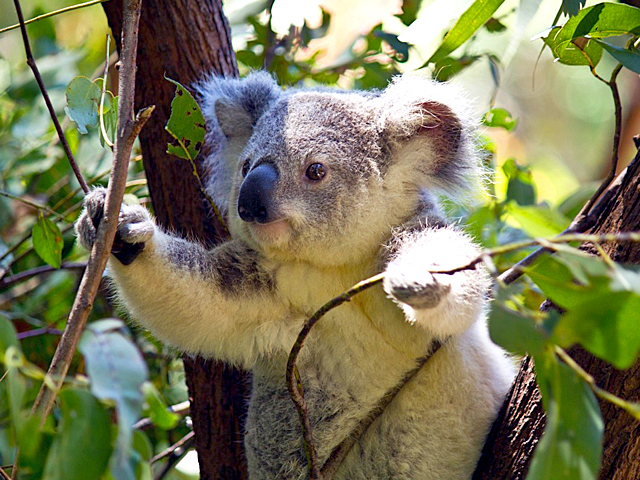SEAWEED THE SUSTAINABLE CHOICE
05 Feb 2019
Plastic waste is a major problem for the world's oceans, which is why Israeli scientists are working on developing a sustainable bioplastic that is derived purely from marine microorganisms.

Image from Fertile Fiber
Instead of petroleum, biodegradable plastics are typically made from plant matter or bacterial byproducts. Unfortunately, in order to grow the plants or provide a medium for the bacteria, fertile soil and fresh water are required. Not only are these not plentiful in all parts of the world, but they could also be otherwise used to grow food crops. 
Image © H. Krisp/C.C. 3.0
With that in mind, researchers from Tel Aviv University looked to Ulva Lactuca algae (aka sea lettuce). This was cultivated in the ocean and then fed to single-celled microorganisms known as Haloferax mediterranei. Those organisms proceeded to excrete a bioplastic polymer called polyhydroxyalkanoate (PHA). This can then be used to produce plastics that are completely biodegradable and produce no toxic waste. 
Image from OpenPR
Led by Dr Alexander Golberg and Prof Michael Gozin, the scientists are now looking into other types of bacteria and algae in order to find combinations capable of producing a variety of bioplastics with different qualities.
“There are already factories that produce this type of [PHA-based] bioplastic in commercial quantities, but they use plants that require agricultural land and fresh water,” says Golberg. “The process we propose will enable countries with a shortage of fresh water, such as Israel, China and India, to switch from petroleum-derived plastics to biodegradable plastics.” 
Image NOAA
A paper on the research was recently published in the journal Bioresource Technology.
Via New Atlas







